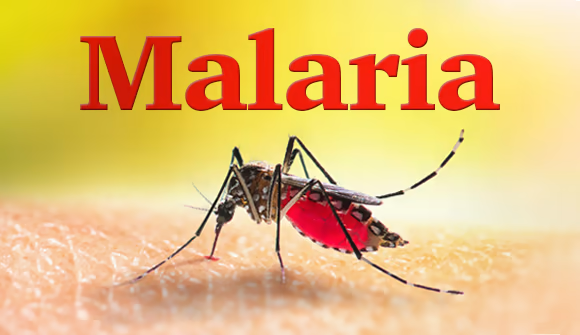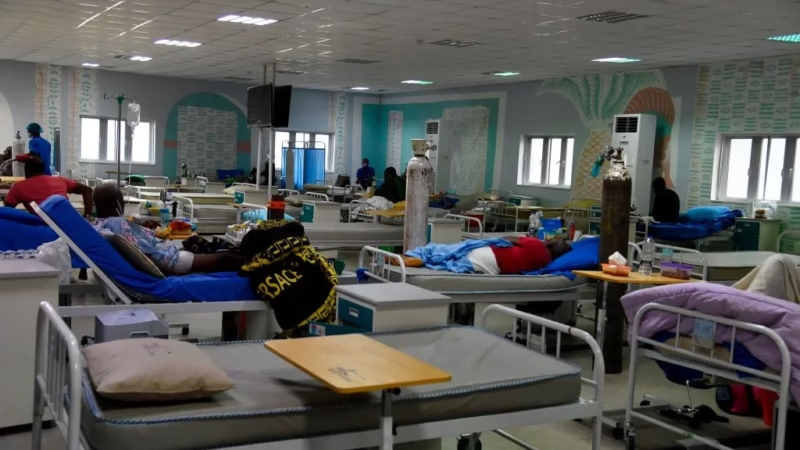UN World Leaders Say Malaria Resurgence May Kill 337,000 People

World Leaders who gathered at the United Nations General Assembly, UNGA, have issued a serious warning about the urgent need to increase funding for malaria prevention to curb a potential increase in the number of new malaria cases and deaths.
According to the World Health Organization, there are already nearly 250 million malaria cases and over 600,000 deaths annually, primarily affecting young children and impoverished countries.
The urgent call for increased funding for malaria underscores the continuing global health crisis caused by this deadly disease and the importance of sustained efforts to combat it.
According to the RBM Partnership to End Malaria, “From the new models, if there is a flatlining of malaria resources (with the Global Fund Replenishment again achieving approximately $15.6 billion in total and allocations across the three diseases remaining on par with the current cycle), the world could see an additional 112 million malaria cases and up to 280,700 additional deaths across the three years, with upsurges and outbreaks happening right across the continent of Africa.”
The RBM Partnership added that the situation will be even worse if the total Global Fund Replenishment sees a cut to resources and takes funding away from malaria. “In the event of a lower replenishment of $11 billion, and a reduction in the malaria allocation, the modelling forecasts we can expect an estimated 137.2 million additional malaria cases and up to 337,000 additional malaria deaths. “The world is already facing insufficient funds based on the current cycle. There is an estimated gap of more than $1.5 billion to sustain services at 2023 levels; but with the new challenges we are facing, even this will not be enough to get the fight against malaria back on track.
The new projections were raised by President Umaro Sissocco Embaló at a fireside chat titled “Confronting the Malaria Perfect Storm”, convened by the African Leaders Malaria Alliance, where they expressed concerns that malaria will quickly resurge if appropriate action is not taken in this Replenishment cycle.
The CEO of the RBM Partnership to End Malaria, Dr Michael Charles, said, “The evidence is clear that there is a significant risk of malaria epidemics if funding isn’t increased and high-burden areas are unable to deliver critical malaria prevention services.
“Unlike HIV and TB, malaria is concentrated in lower-income countries, particularly across Africa, so often these countries have the least ability to afford the fight. Everyone, no matter where they live, has a right to health. Malaria is straining health systems and making it difficult for people in low-income countries to fully enjoy their right to health.”



